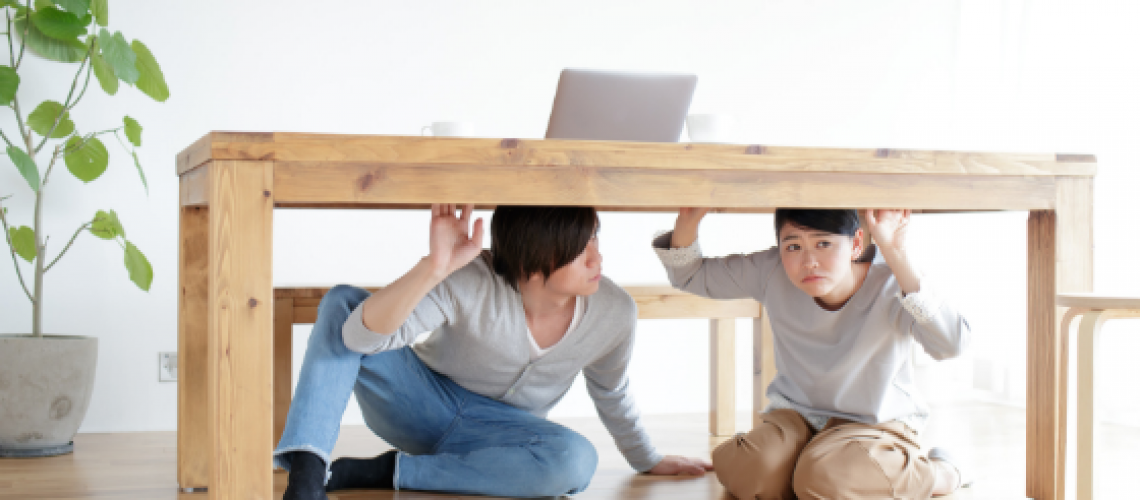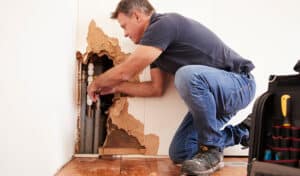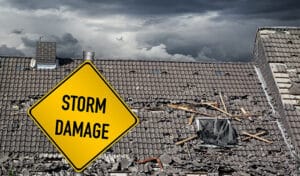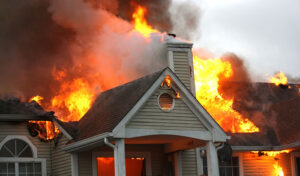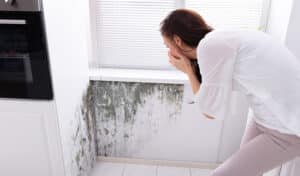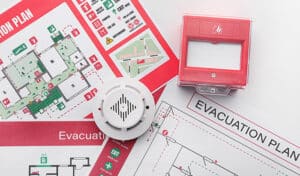Before the Earthquake
Earthquakes can happen anywhere with virtually no warning. Though an earthquake can happen anywhere, there are certain areas that are more susceptible. These places include California, Oregon, Washington, Alaska, Hawaii, Puerto Rico, and Mississippi. Having an earthquake preparedness plan can help you feel at ease. It’s much easier to keep your cool during an emergency when you have a place in plan.
- Ensure that your house is prepared. Bolt your bookcases to the wall, strap your water heater to wall studs, and stabilize and large pieces of furniture. These items can cause further damage and harm if they fall.
- Keep a suppled of non-perishable food and water. You should have enough for each member of the household for up to 24 hours.
- Have an up-to-date emergency kit available. This should include a first-aid kit, extra batteries, a phone charger, a battery-operated radio, flashlights, toiletries, medications, and anything else you would need in an emergency. Plan for up to 72 hours.
During the Earthquake
During an earthquake, drop down, take cover, and hold on. Drop down to your hands and knees, cover under a table or something else sturdy, and cover your head and neck with your arms. Bend forward to cover all your vital organs. Where you are during an earthquake strike will change how you should react.
- If you are in bed when an earthquake strikes—stay there. Protect your head and neck with a pillow and hold on. Turn your face downwards.
- If you are in a car during an earthquake—pull over, stop, set your parking brake. Stay in your car through the duration of the earthquake.
- If you find yourself outside when you feel shaking, find a clear spot. Steer clear of buildings, trees, powerlines, or anything else that may fall and cause your harm.
- If you are indoors when an earthquake hits, stay there. Do not run outside. Stay where you are until the shaking stops and you are confident that it’s safe to move. Stay away from bookcase, furniture, windows, or large items that may fall. If you do take cover under a table or desk, hold on with on hand and cover your head and neck as best as you can with the other arm.
After the Earthquake
After an earthquake, you may see other problems arise. Though the shaking has stopped, other dangers can still occur.
- Earthquakes can cause fires, landslides, avalanches, flooding, tsunamis, and damaged roads.
- Aftershocks can occur and cause further damage. Expect some aftershocks.
- If you have been trapped by debris, protect your mouth, nose, and eyes as best as you can. Make noise until you are located and receive help.
- Do not enter any damaged buildings, debris may still be falling.
If you have experienced an earthquake and are dealing with the damage, contact us at Restoremasters. We will work to restore your home or business to its former glory.

